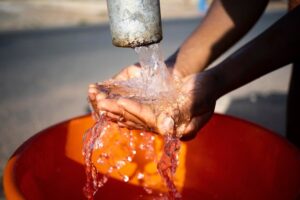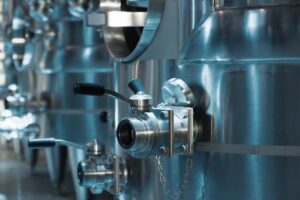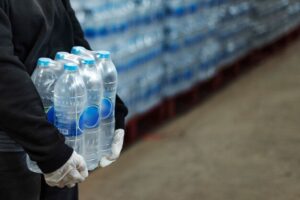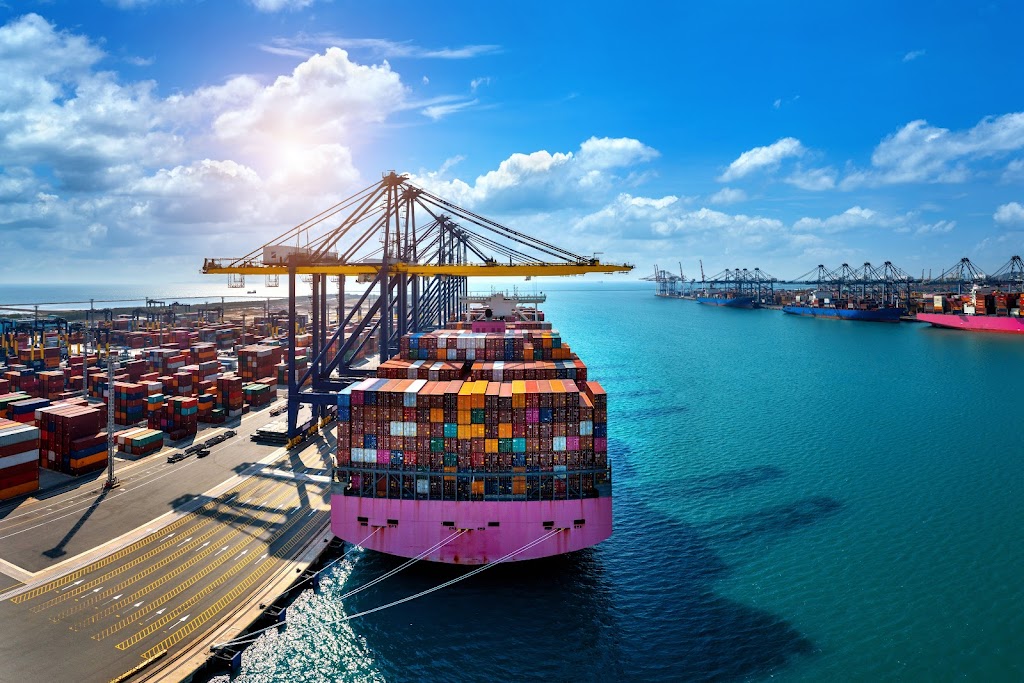With the growing demand for clean and safe drinking water in South Africa, it presents an excellent opportunity for entrepreneurs to enter the water purification business.
Establishing a purified water business in South Africa requires careful planning, the right equipment, understanding of legal regulations, and strategic marketing.
This guide will walk you through the process of starting a successful water purification business, address key cost factors, and explore the profitability of this venture.
Why Start a Water Purification Business in South Africa?
South Africa has long faced challenges with access to clean, potable water due to factors like drought, contamination, and infrastructure issues.
As a result, many consumers and businesses are turning to purified water as a safe alternative. The demand for bottled and purified water is growing, especially in urban areas and regions with unreliable water supplies.
A water purification business not only meets a critical need but also offers potential for profitability, making it a viable venture for proficient entrepreneurs.
How to Start a Purified Water Business in South Africa
Starting a purified water business in South Africa involves several key steps. Below is an outline of the process:
Step 1: Conduct Market Research
Before you begin, research the demand for purified water in your chosen location. Identify potential competitors and understand the preferences of your target market.
Key factors to consider include:
Customer Segments: This factor helps you determine your target audiences. These target audiences might include households, offices, restaurants, or businesses.
Water Sources: You might want to check for the quality of water in the local environment. This is because, environmental with adequate water processing facilities might not be interested in buying processed water.
Also, you’ll need to check if you need to source water from municipal supplies, boreholes, or another source?
Regulations: When conducting market research, you should consider governmental laws and regulation guiding processing of water in south africa. Can you meet these regulation standards? This question should be pondered upon to help you in creating a better business planned well for success.
Step 2: Create a Business Plan
Creating a business plan is a critical step for any successful venture. A business plan serves as a roadmap, outlining your objectives, strategies, and the steps needed to achieve them.
It provides a clear vision of where you want to take your business and how you intend to get there.
A well-structured plan not only guides your operations but also establishes a foundation for securing funding, attracting investors, and ensuring sustainability in a competitive economy.
Your good business plan should outline:
- Executive Summary: Your mission, vision, and objectives.
- Market Analysis: Insights into demand, competition, and target customers.
- Operations Plan: The process for sourcing, purifying, and packaging water.
- Financial Plan: Initial investment, revenue projections, and break-even analysis.
Step 3: Obtain the Necessary Licenses and Permits
Starting a water purification business in South Africa necessitates careful adherence to a complex regulatory framework. This involves meeting stringent standards set by various government agencies to ensure the quality and safety of the purified water.
You will need to ensure your business is registered with the Companies and Intellectual Property Commission (CIPC). The application process is online, making it a stress-free way to complete this requirement.
In addition to business registration, your water quality must ensure your water purification process meets compliances by registering with the South African Bureau of Standards (SABS) and Department of Water and Sanitation regulations.
Lasty, health and safety permits are a must have if you must operate in South Africa. Compliance with food safety and hygiene standards is crucial, as water is considered a consumable product.
Step 4: Invest in Water Purification Equipment
This section is where the actual spending for the business starts. Investing in high-quality water purification equipment is one of the most significant costs of starting your business.
Water purification equipment is very expensive and space consuming. A proper check on these equipment must be done before purchase. It is advisable that you attach yourself to someone who already knows the ins and outs of the business.
This person would help you make the right decision in purchasing the equipment. For a start, you should consider buying brand new equipment inorder to facilitate your production process.
Some of these equipment to consider when starting includes reverse osmosis filters that remove contaminants, ultraviolet (UV) disinfection that eliminates harmful bacteria and viruses, and carbon filtration systems which enhance the taste and eliminate odors.
Bottling and packaging equipment too ensure purified water is securely stored for distribution. You will need a clean, safe facility to house your purification process and storage as well.
Step 5: Set Up Distribution Channels
To reach your target market efficiently, you should take the distribution channel seriously. A poorly distributed system might discourage your target audience from buying from you.
There are several modes to set up a good distributive channel. You can choose direct sales through a physical storefront or home delivery for personalized service. Alternatively, consider wholesale distribution to retailers, restaurants, or offices to maximize volume.
Online sales are another valuable option, allowing you to reach a broader audience with bulk orders and subscription models through an e-commerce platform.
Regardless of the method you decide, ensure that you have a reliable logistics system in place to maintain smooth delivery and meet customer expectations consistently.
Step 6: Marketing Your Water Purification Business
To grow your sales and customer base, an effective marketing strategy must be put in place. The goal is to create a strong brand identity that highlights the purity, quality, and sustainability of your purified water.
Leverage social media platforms like Instagram, Facebook, and Twitter to showcase your products, share customer testimonials, and engage with your audience.
Form partnerships with local businesses, hotels, gyms, and restaurants to secure bulk supply agreements and enhance your visibility.
Also, the effect local advertising networks have on businesses can never be over emphasized. Utilize local advertising methods such as newspapers, flyers, and billboards to target customers in your area and build awareness within your community.
How Much Does It Cost to Start a Water Purification Business in South Africa?
The initial cost of starting a water purification business in South Africa varies based on factors like the scale of the operation, quality of equipment, and location.
However, for a small-scale setup, such as a bottled water business, you can expect to invest between ZAR 100,000 and ZAR 300,000. This budget covers essential equipment, licensing, and initial inventory.
But medium to large-scale operations requiring more advanced filtration systems, larger storage facilities, and greater distribution capacity, can cost between ZAR 500,000 and over ZAR 1 million.
Is the Water Purification Business Profitable?
Yes, the water purification business is profitable. Small-scale operations can earn an average of ZAR 20,000 to ZAR 50,000 per month, while medium to large-scale businesses can generate ZAR 100,000 to over ZAR 300,000 monthly, depending on demand and operational efficiency.
Conclusion
Starting a water purification business in South Africa is a promising venture, driven by a significant demand for clean, safe drinking water. By following the steps outlined in this guide, from market research and obtaining necessary licenses to setting up your business and distribution channels, you can build a successful and profitable water business.
Remember that success in the water purification industry depends on the quality of your product, operational efficiency, and how well you market your brand.
With the right approach, you can tap into a growing market and enjoy both financial rewards and the satisfaction of helping people access clean water in South Africa.









